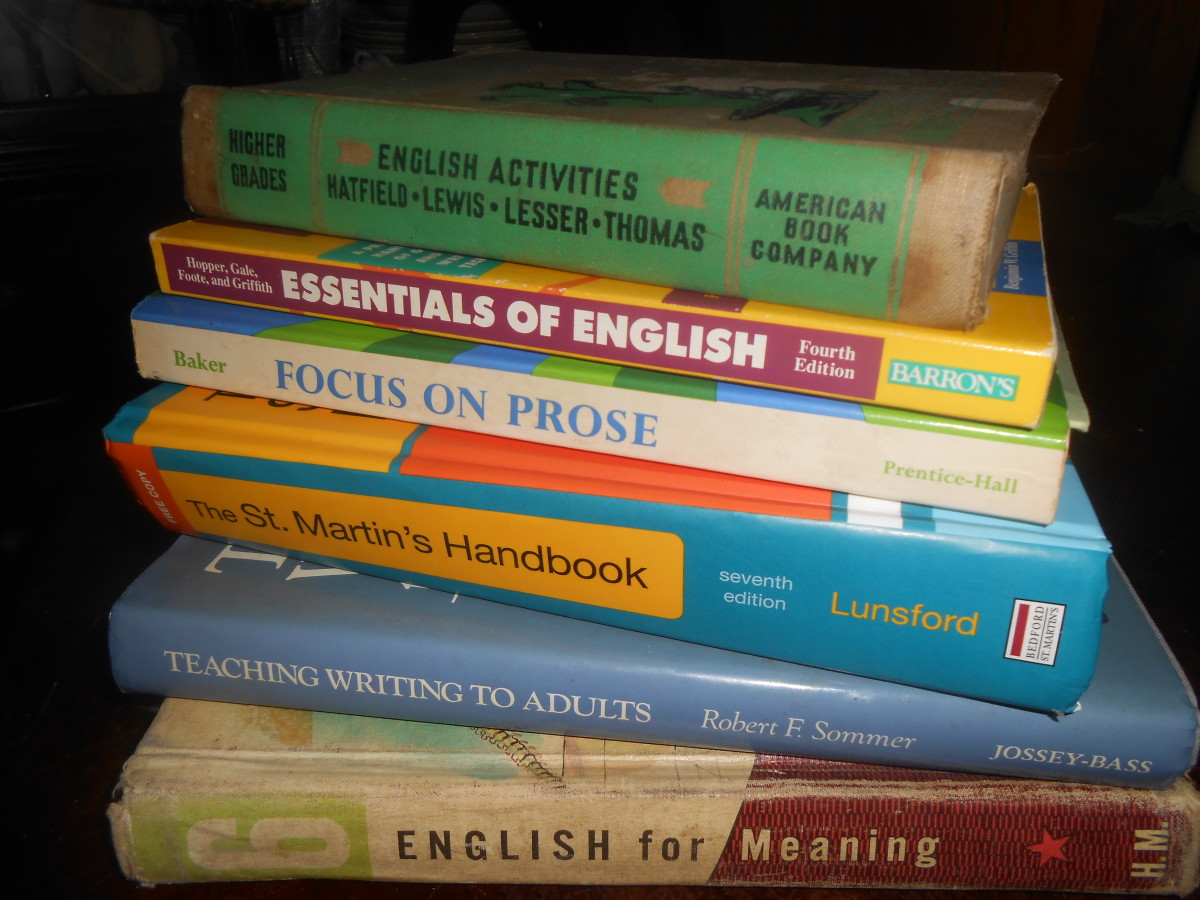Disciplinary techniques for children

When I first started my first volunteering job at a primary school, I thought patience and positive attitude was all that took to make a good assistant.
I thought, so long I liked the children, they would like me back and so long I was nice, they would obey. Man was I wrong! And fortunately it didn't take long for some sanity to hit me !!!
It wasn't long before I fell for another trap and started giving away treats for those who obeyed and putting naughty kids in corners to maintain disciplinary in the class. The overuse of the conventional technique totally sent the wrong message, kids were willing to bargain every chore, every assignment and every task to ensure they were getting something out of it. When I first started, I was already hearing the "What's in it for me?" phrase and my bribing techniques only ignited it.
Not only did I want to encourage the children to do their work and assignments on time but I also wanted to create an ethical environment inside the class. Motivating cooperative, generous or honest students wasn't as easy as motivating educationally advanced students.
Grades are usually impacted by educational level, attendance and behaviour. To my dismay, grades didn't seem to interest half the class. That is when I realized that those bargainers only appreciated tangible rewards. Below are other alternatives to set some discipline while still using tangible and ethical appraisal techniques.


Activities
You can create attractive boards that track performance. Choose your class's most interesting theme -space, helicopters, cars, or sports- and create a colourful board using the relevant theme. For example, my class liked space shuttles so the board in the image uses rockets that are to be ridden by the class's astronauts. I attached their photos and names at the bottom of the board -works wonders with attention seekers-, and pasted movable rockets at top of their names.
Each time a student did a worth rewarding action like helping another student or animal, his/her rocket would take a step further. Similarly each time he/she misbehaved, his/her rocket would slow down. Once a rocket reached space, the owner was congratulated and was taken to the principal's office for further positive recognition.
The astronaut was also given the title of either the Astronaut, Captain, Class Leader, or Pilot of the week. Titles always brought more responsibilities that were appropriate for both the student's age and the school's policy.
Other ideas could include car dashboards, or traffic lights.

Journaling
The main purpose of journaling is to enhance students' ability to express themselves in written words or drawn pictures. But the things students write could draw crystal clear pictures of motives, issues, or any sort of critical information.
It's like the confidential data that will add to your competitive advantage. You can ask your students to write about something nice, sweet, ethical, bad, or disturbing. It could be something they have either done or witnessed. It could be an action, word or even an intention. Be ready to be blown away by the generated content !!!
It will show you how students define abstract adjectives like nice and mean, generous and selfish. For some allowing others to copy your home work is an act of generosity while for others sharing the slightest information even in the play ground is some sort of cheating. What one student would define as a lie, the other would define as a smart trick.
I realize that this is quite normal for even us adults. But using these techniques will allow you to somehow clear up ethical misconceptions in the class. It will bring you closer to your students and it will help prevent feelings of anger, injustice or frustration inside the class. Journaling will also allow you to introduce new ethics into the class that your students may not be familiar with like initiation, diplomacy and ethical negotiation.

Say 'NO' and mean 'NO' !!!
Nothing is more confusing than saying 'Yes' and nodding 'No' or nodding 'No' and saying 'Yes'. Similarly, nothing is worse for discipline than sending confusing messages. Don't listen to the tears of the moment.
If for a very valid reason you decide to change your mind, make sure that your students understand that there has been a change and explain why. Just don't do it too often. It's easier said than done but it would help if you made sure that your 'NO' has a very valid reason behind it.








